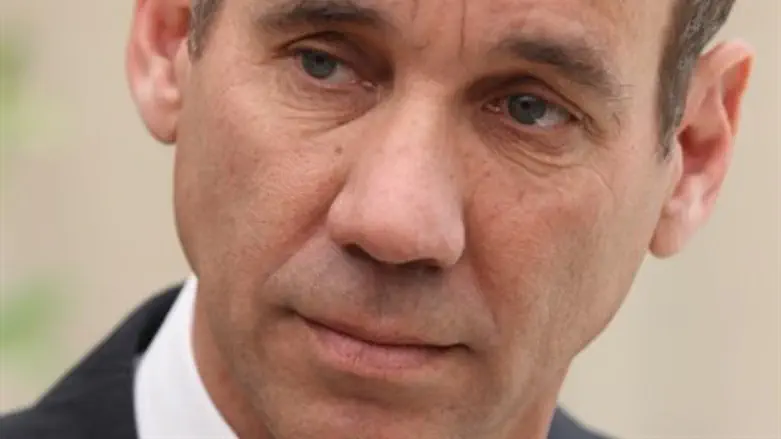
Anti-Semitism has become a serious problem in the UK Labour Party, Israel’s ambassador to Britain said, but the British left appears to be in complete denial about it.
During an interview on the BBC, Israel’s new ambassador to the UK, Mark Regev, spoke out on the ongoing anti-Semitism row that has plunged Britain’s second largest political party into a debilitating leadership crisis.
“We’ve seen definitely some language over the last few weeks which is very concerning,” Regev said. “If you’re saying...the Jewish people don’t have that right...to sovereignty and independence, you have to ask why you are holding Jews to a different standard. And there is a word for that.”
Last week the Labour Party suspended MP Naz Shah, who had in the past posted comments endorsing the ethnic cleansing of Jews from Israel.
Labour chief Jeremy Corbyn opposed the punitive measure, and only grudgingly accepted it as a fait accompli after party General Secretary Ian McNicol insisted he planned on suspending Shah.
Recently publicized videos revealed that an aide to Corbyn, Seamus Milne, had referred to the establishment of Israel as a “crime” and had offered praise to the Hamas terror organization.
In 2010 Corbyn himself led an anti-Israel demonstration, declaring that there would be “no peace” for Israel.
Regev note that the atmosphere within some segments of the British left had become explicitly anti-Semitic in a worrisome development that was being whitewashed by some Labour leaders.
“The comments of the past few weeks are demonizing, a vilification of my country and its very right to exist. There’s a difference between legitimate criticism and hate speech. Hating Jews is a red line that cannot be crossed.”
“There has to be an unequivocal message from leadership saying there is no solidarity with anti-Semites. It is crucial leaders say this is unacceptable. Why can you share a platform with someone who is anti-Semitic?”
Earlier Regev lambasted those on the left who refused to own up to the problem in their midst.
“[T]he left is in denial,” Regev said. “They say ‘anti-Semitism, that’s the right, that’s the fascists.’ That’s a cop-out.”
The crisis now engulfing Labour has shaken even long-time supporters.
David Abrahams, a Jewish donor who has supported the party financially for years told Britain’s Channel 4 News that it was clearly time for Corbyn to step down, but there was little hope of finding a candidate to mend relations with UK Jews.
“Jewish people don’t even like the name Labour mentioned at this time [as a replacement],” Abrahams said.
Other prominent Jewish figures were even more critical of Corbyn, pointing to him as the root cause of the increase of anti-Semitism in the party.
Stephen Pollard, editor of the Jewish Chronicle, ripped Corbyn and his associates, claiming that in choosing Corbyn, Labour had handed over the reins to a fringe group.
“Labour’s problem is [that] this mindset, that was never more than a fringe, is now running the party. That’s one reason why so many anti-Semites are emerging from the woodwork.”
“After each case is exposed, Mr. Corbyn mouths the same platitude: he is a committed anti-racist, there is no place for anti-Semitism in Labour and anyone indulging in it will be kicked out.”
“But Labour’s problem with anti-Semitism stems from its leader, as it comes from the extremist fringes from which he emerged.”
